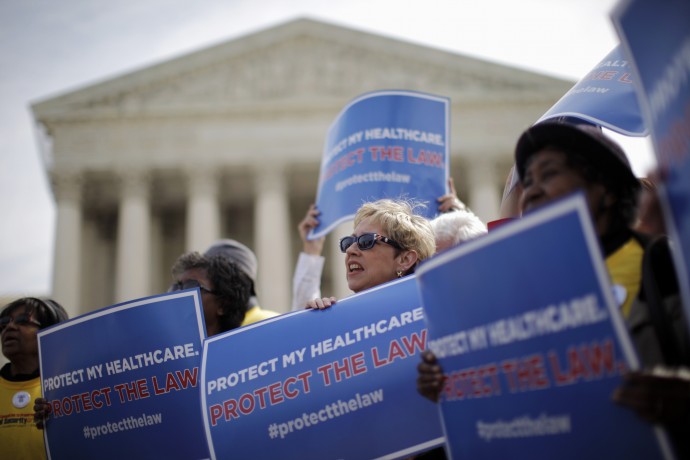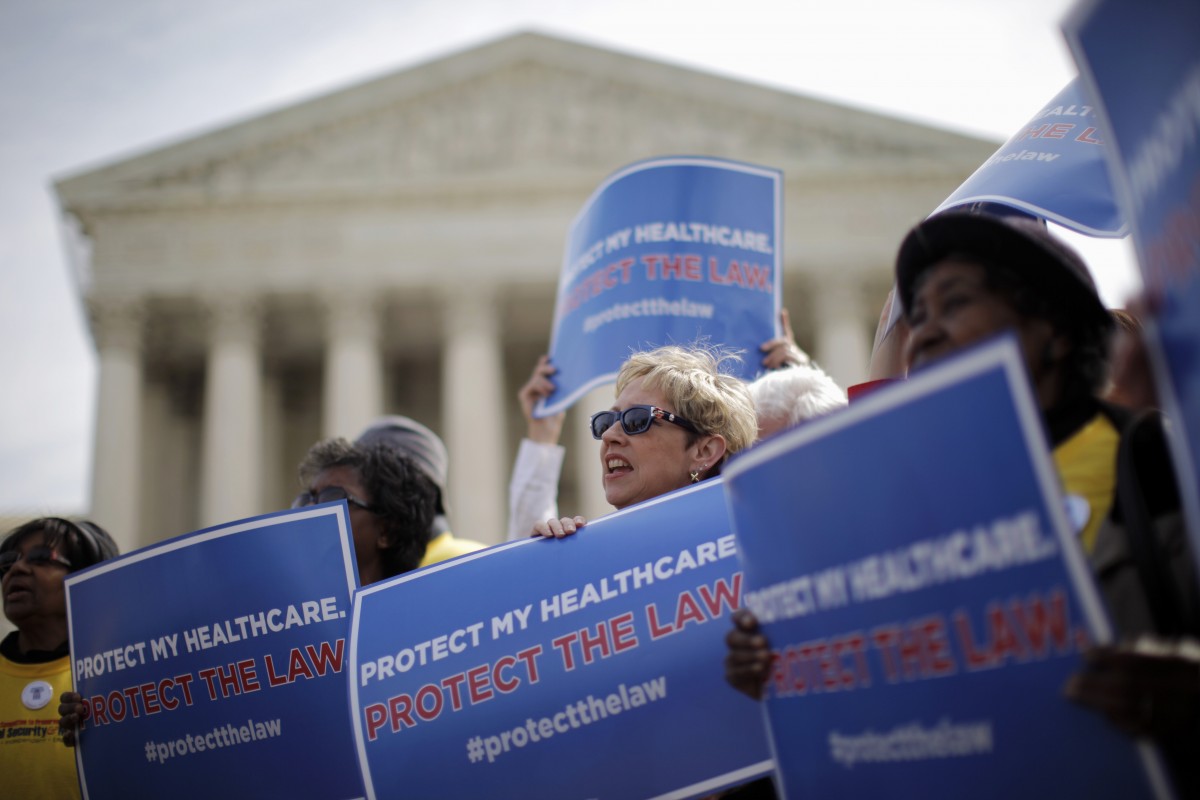
By Olga Pierce and Marshall Allen
In all the talk about the Supreme Court’s impending health care reform ruling, one question is often overlooked: What might happen to the many patient safety and quality of care provisions sprinkled through the Affordable Care Act?
They include a new Center for Quality Improvement and Patient Safety, more reporting of infections, injuries and mistakes in hospitals, and incentives for doctors and other providers to improve the care they provide. Those among the nation’s 50 million uninsured who manage to get health coverage will also get better medical care than piecemeal or nonexistent version they now receive.
We’ve been talking about quality of care on Facebook with more than 700 users who’ve joined our discussion group on patient safety.
The Supreme Court could uphold the entire health care law or kill it, extinguishing its quality initiatives. Or the court could strike down the mandate to buy insurance alone — a possibility that has long-time SCOTUS watchers on the edge of their seats. What then happens to the rest of the law no one really knows.
We asked some experts what’s at stake for patients. Here’s some of what they said:
Leaving uninsured Americans behind makes hospitals less safe — Sharona Hoffman, professor of law and bioethics, Case Western Reserve University
“Emergency rooms are really stretched because they provide the only source of care for millions of uninsured, which affects the quality of care for everyone. Hospitals are a place that should be a last resort. There are risks of going to a hospital because infections have become so common, for example.”
Provisions that prevent patient harm and unnecessary care will help out employers — Helen Darling, CEO National Business Group on Health
“If the court throws out the whole act it would be stunning in its impact … You have hundreds of millions of dollars spent on getting wrong treatment and sometimes harmful treatment. There’s a long list of waste and harm in the U.S. health care system today and [employers] just think that’s outrageous, because they spend so much money.”
The act is a chance to learn how to keep patients safer — David Howard, health policy professor Emory University
“The bill makes a number of potential changes and improvements to Medicare. So we lose the potential to learn from those pilot projects ways to improve the health care system.”
Reform will give millions access to the same flawed, unsafe system — Rosemary Gibson, author, patient advocate
“People will have access to the same system — the good and the not so good. They will receive needed care that will save their life. They will also be exposed to harm: errors, infections and overtreatment.”
The private sector will handle it, though slowly — Robert Field, professor of law and health care policy at Drexel University
“There are private forces beyond the health care reform law that are promoting health care quality. The horse is out of the barn on patient safety, and things are going to change anyway — but they may change slower without the Affordable Care Act.”
Culturally competent care can reduce errors – Jennifer Ng’andu, National Council of La Raza
“One of the exciting things about the Affordable Care Act is that it really challenges the paradigm of how [providers] approach culturally and ethnically appropriate health care … We know there are preventable errors because of health inequality in the health care system and it’s costing us.”
This story was originally published by ProPublica.


